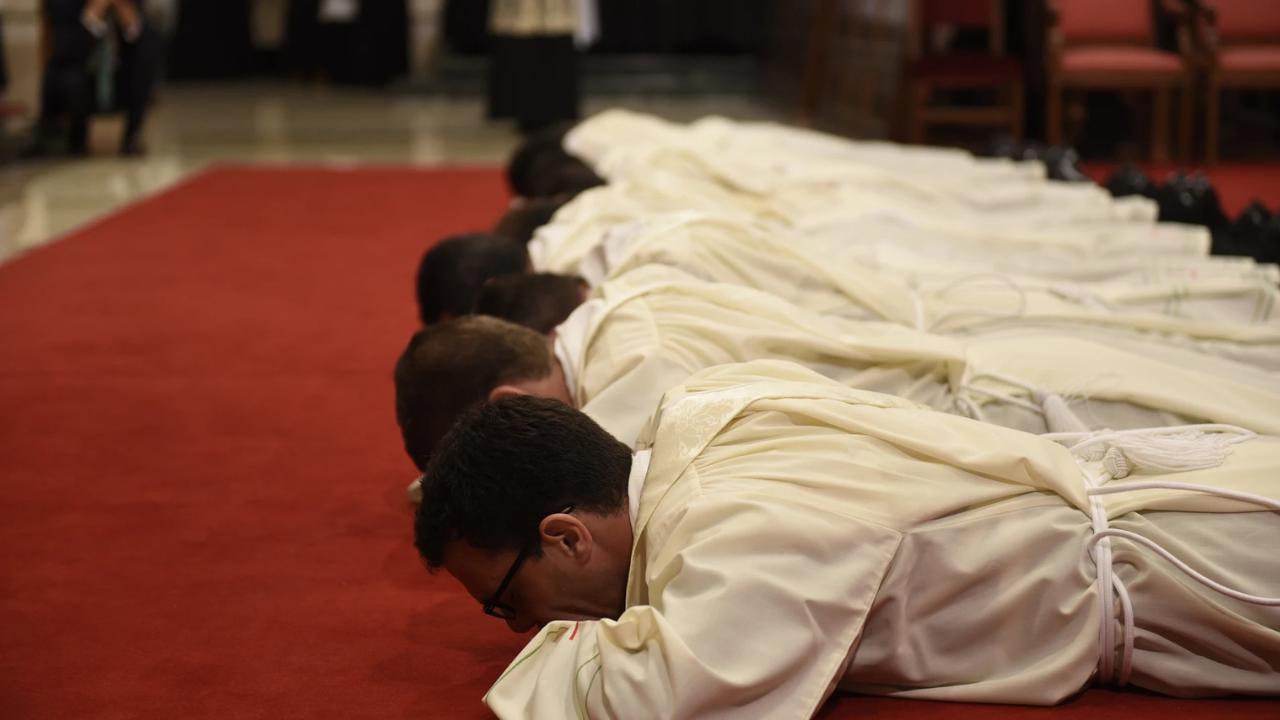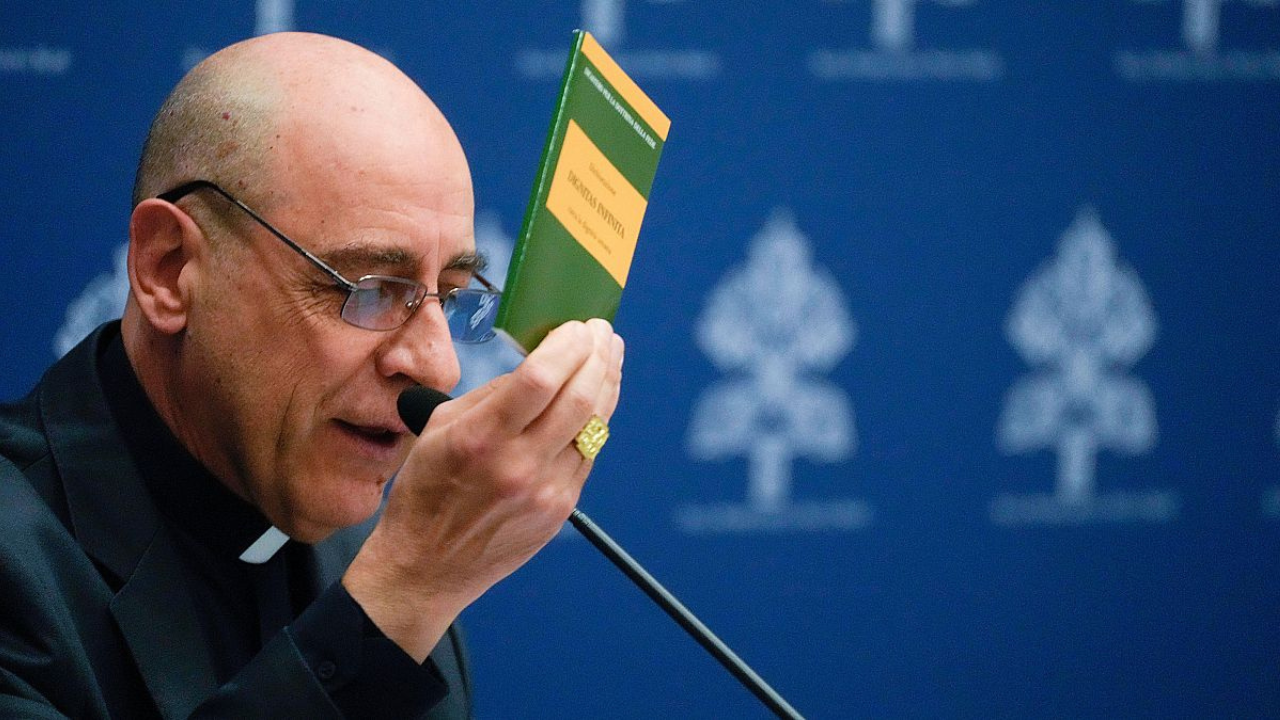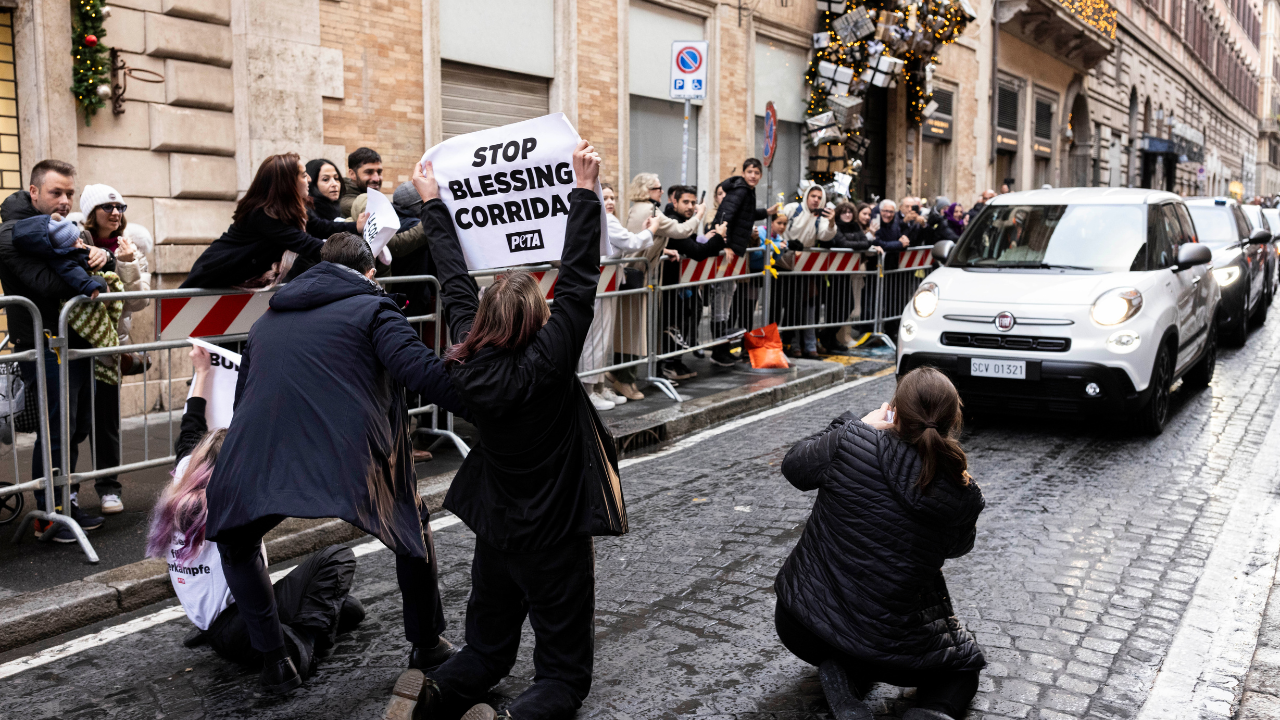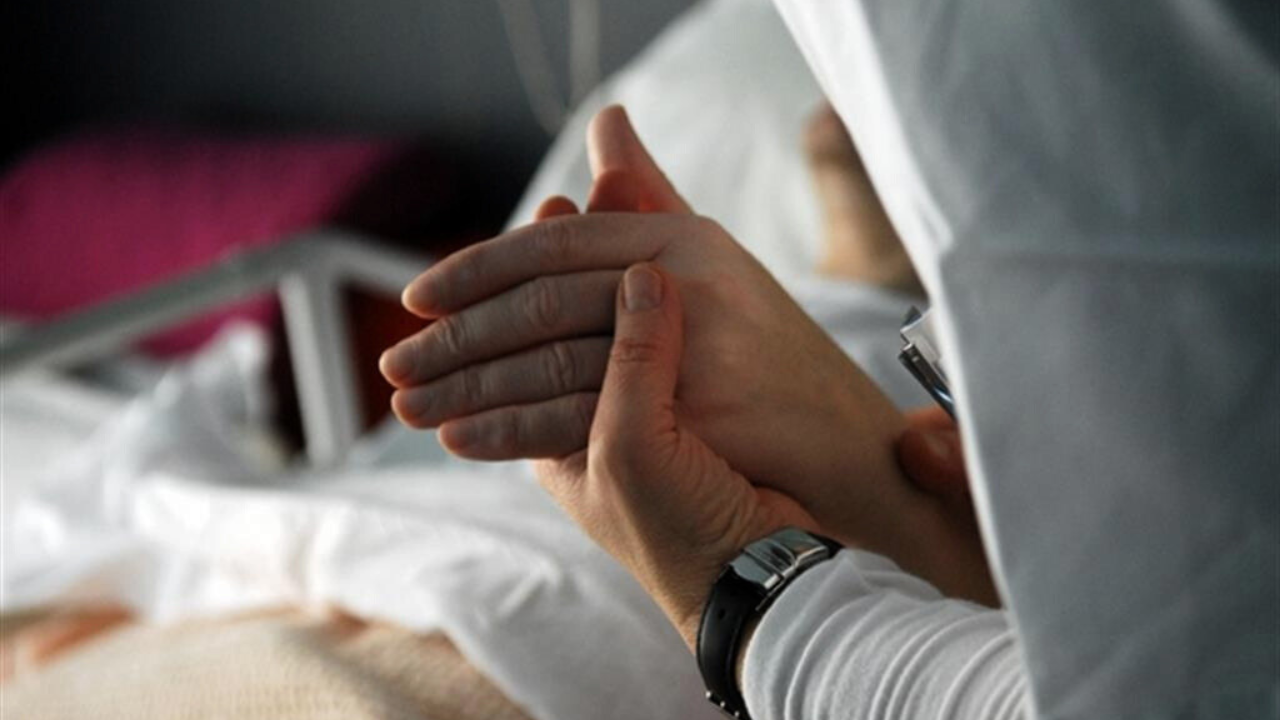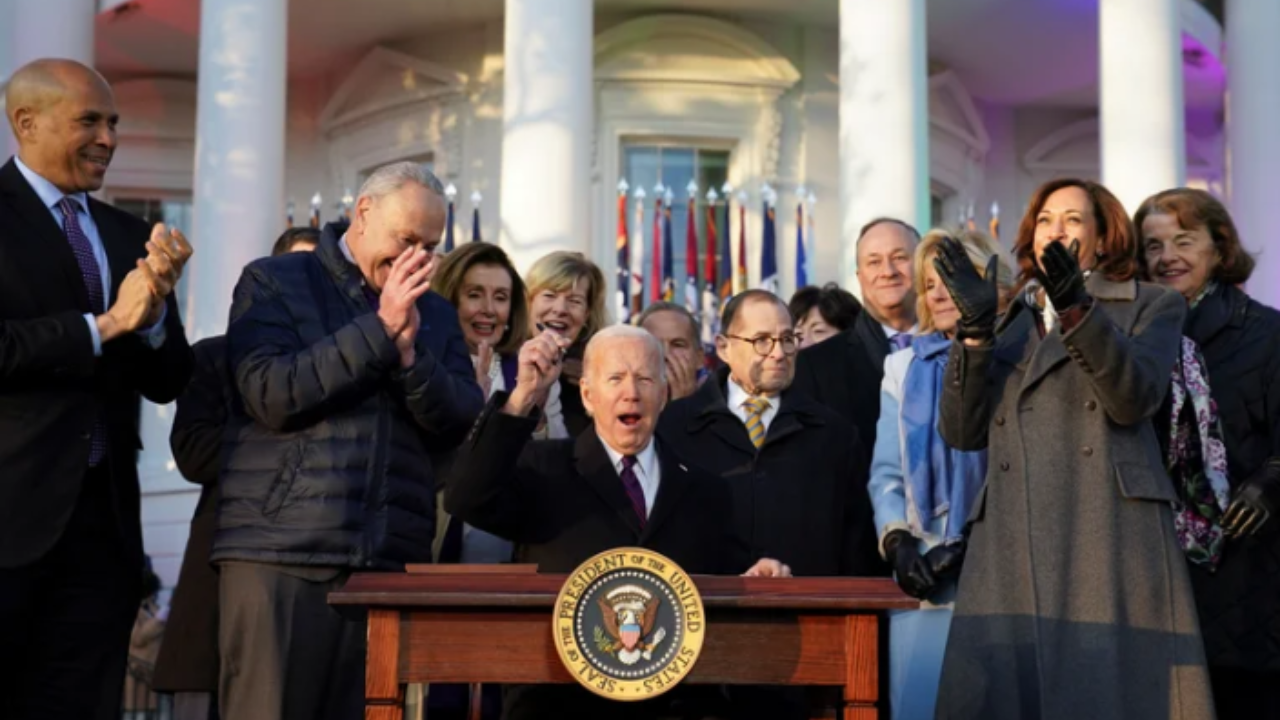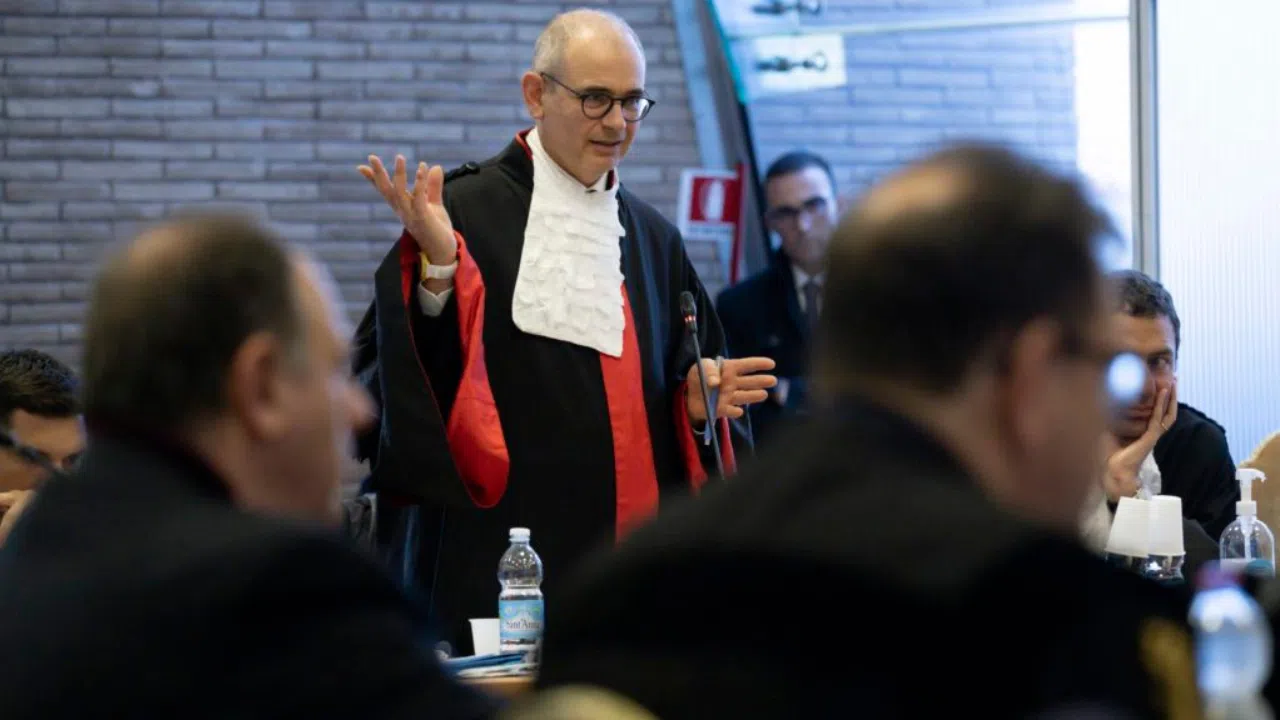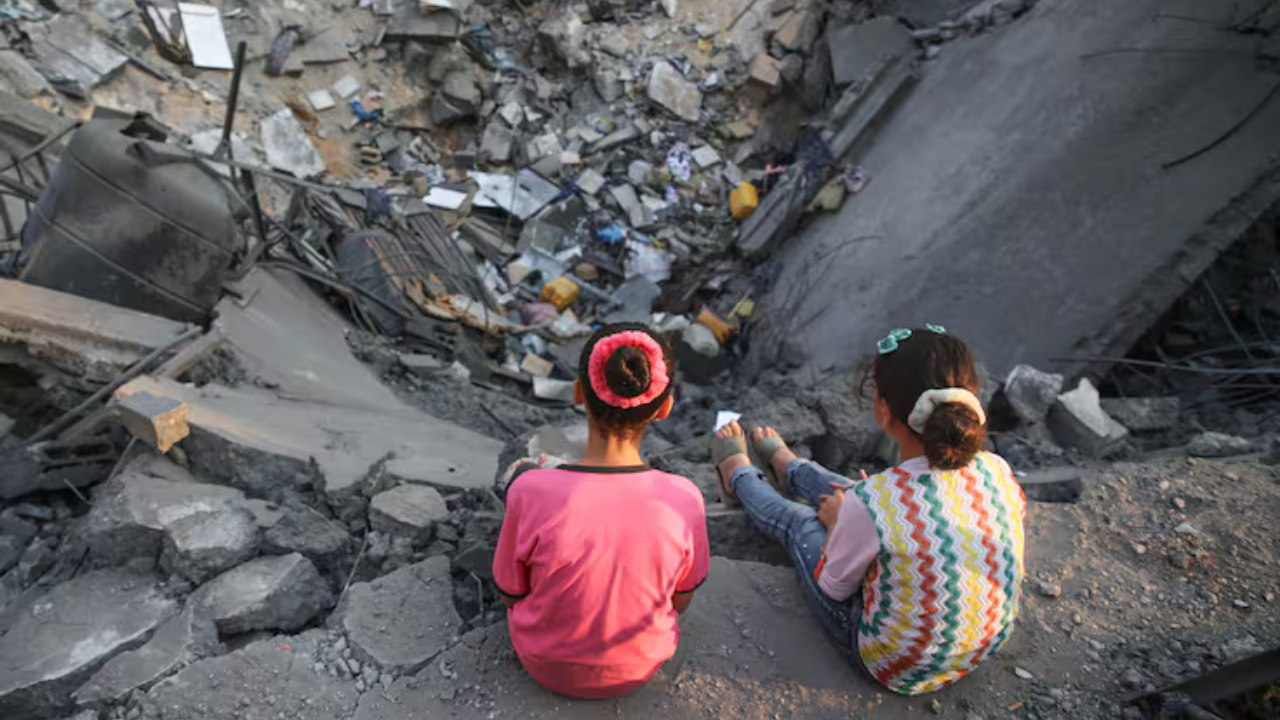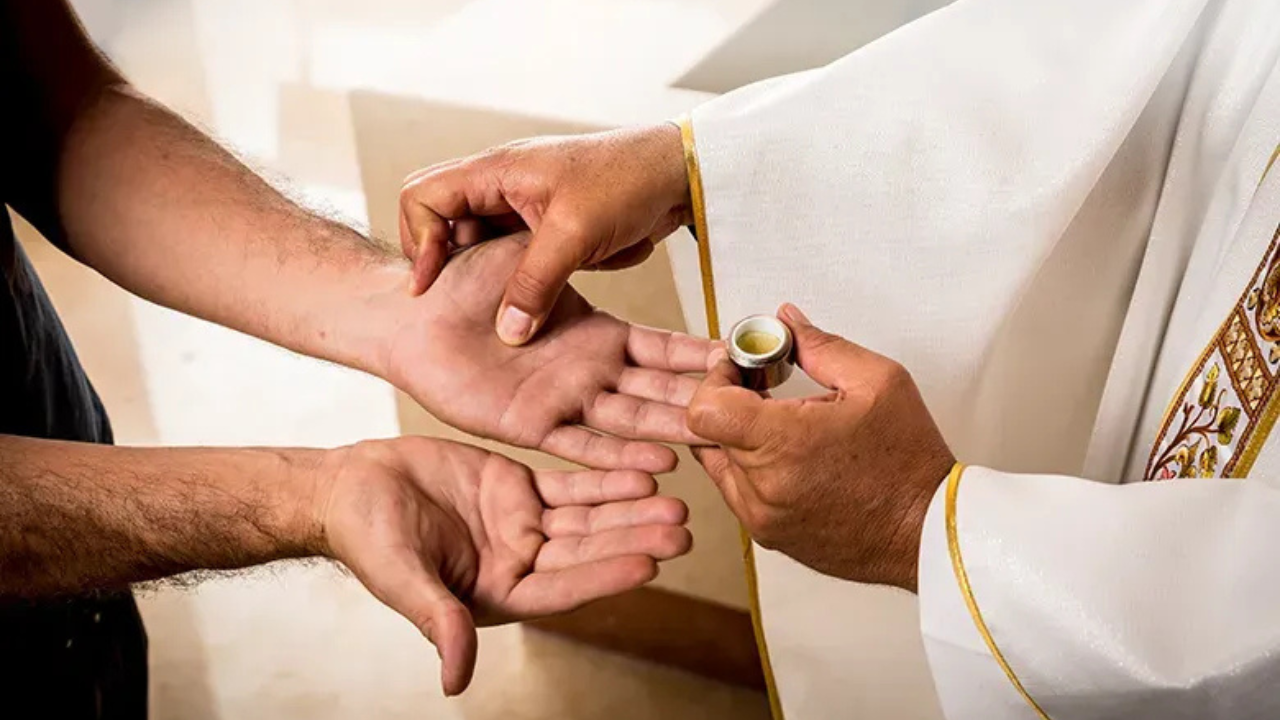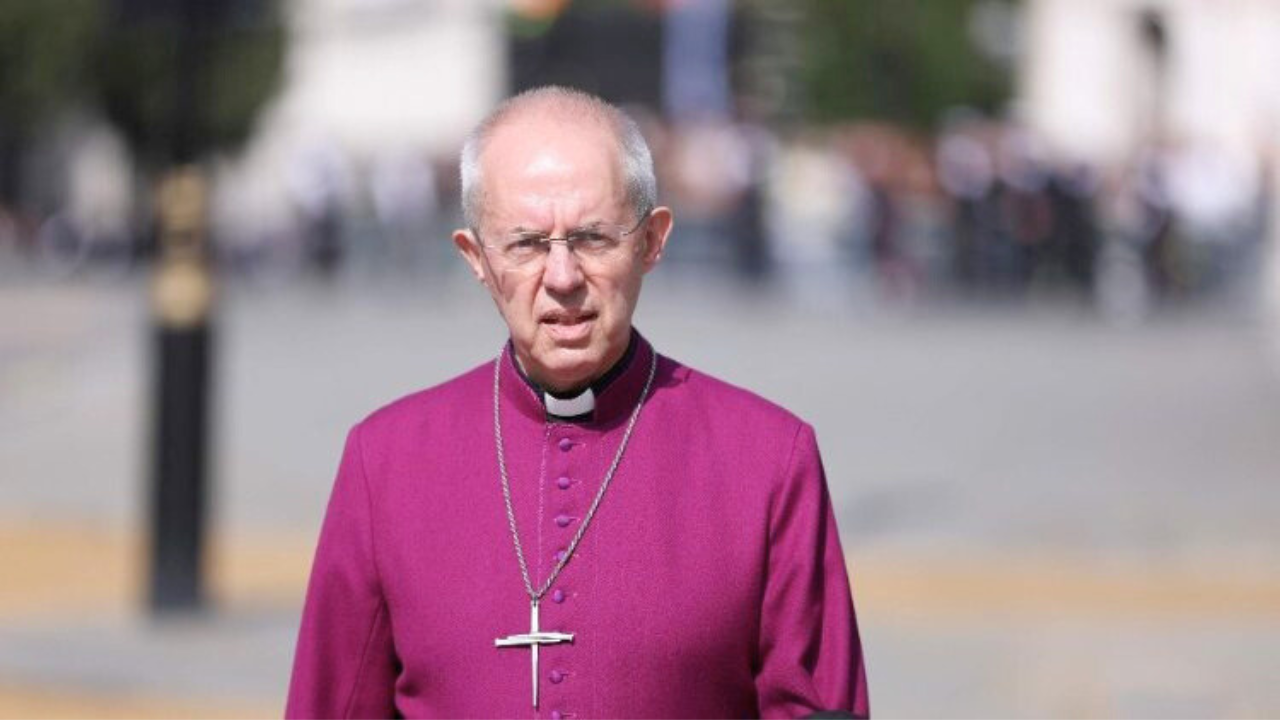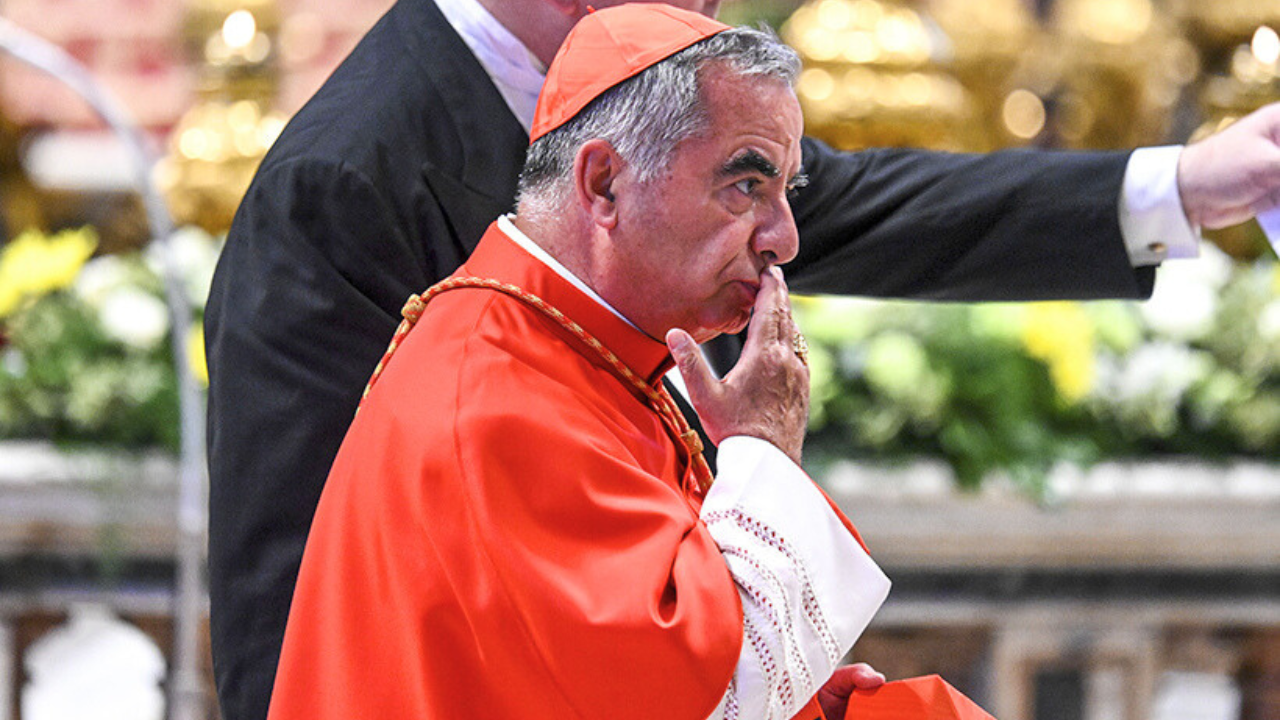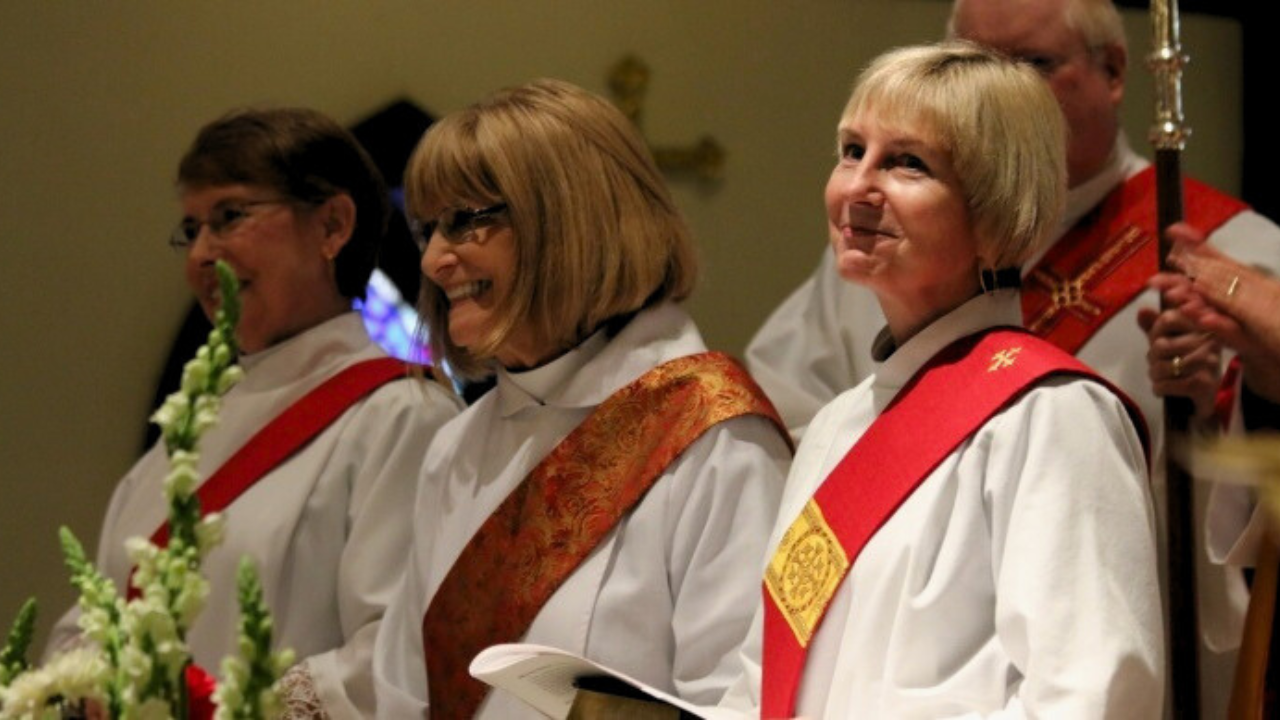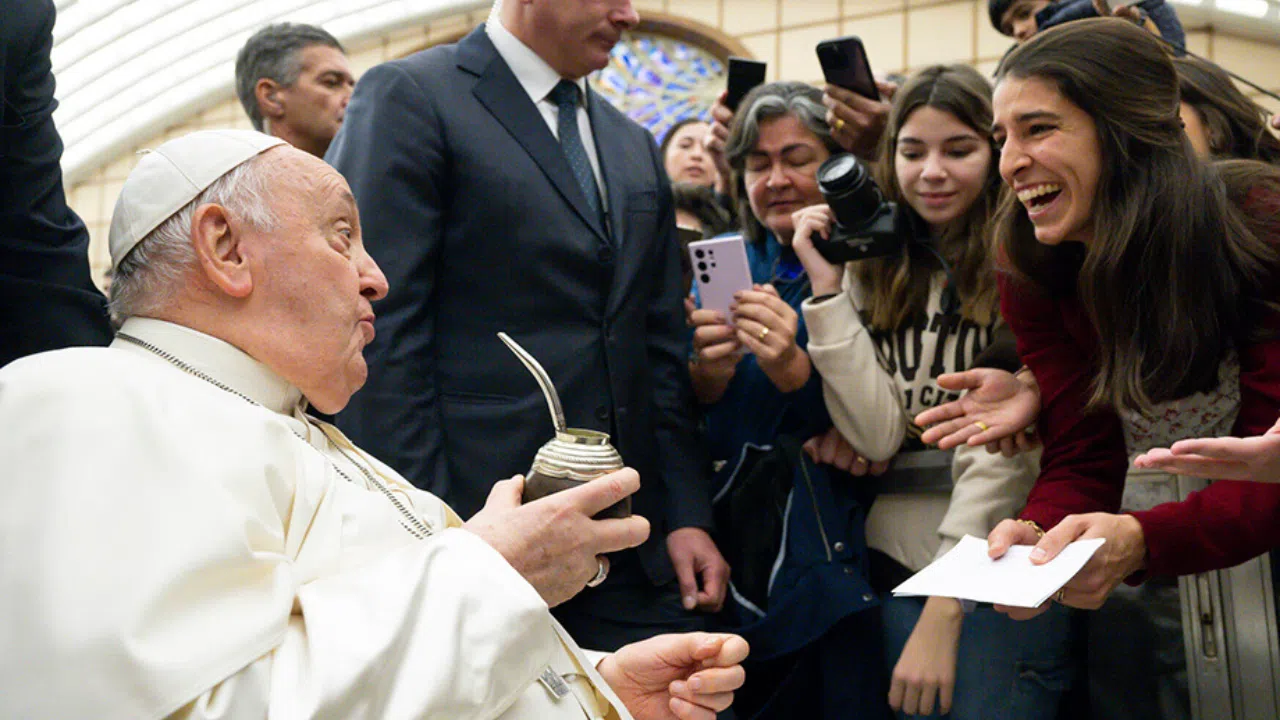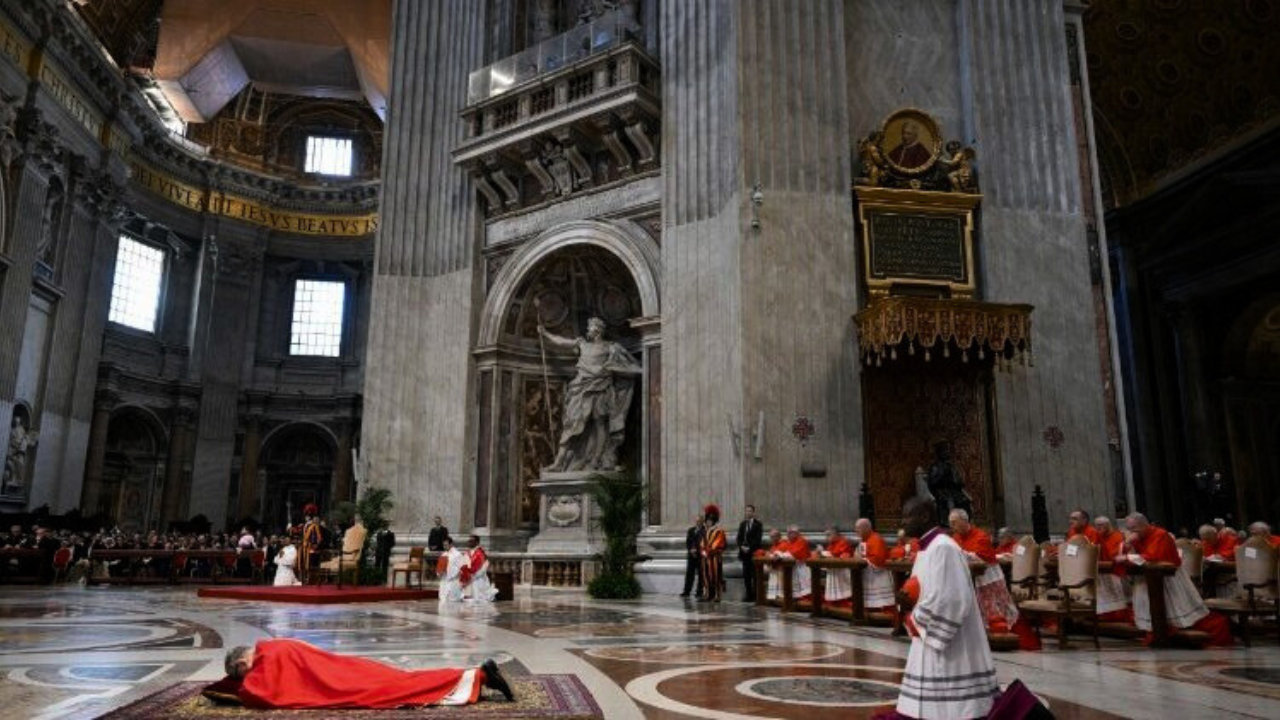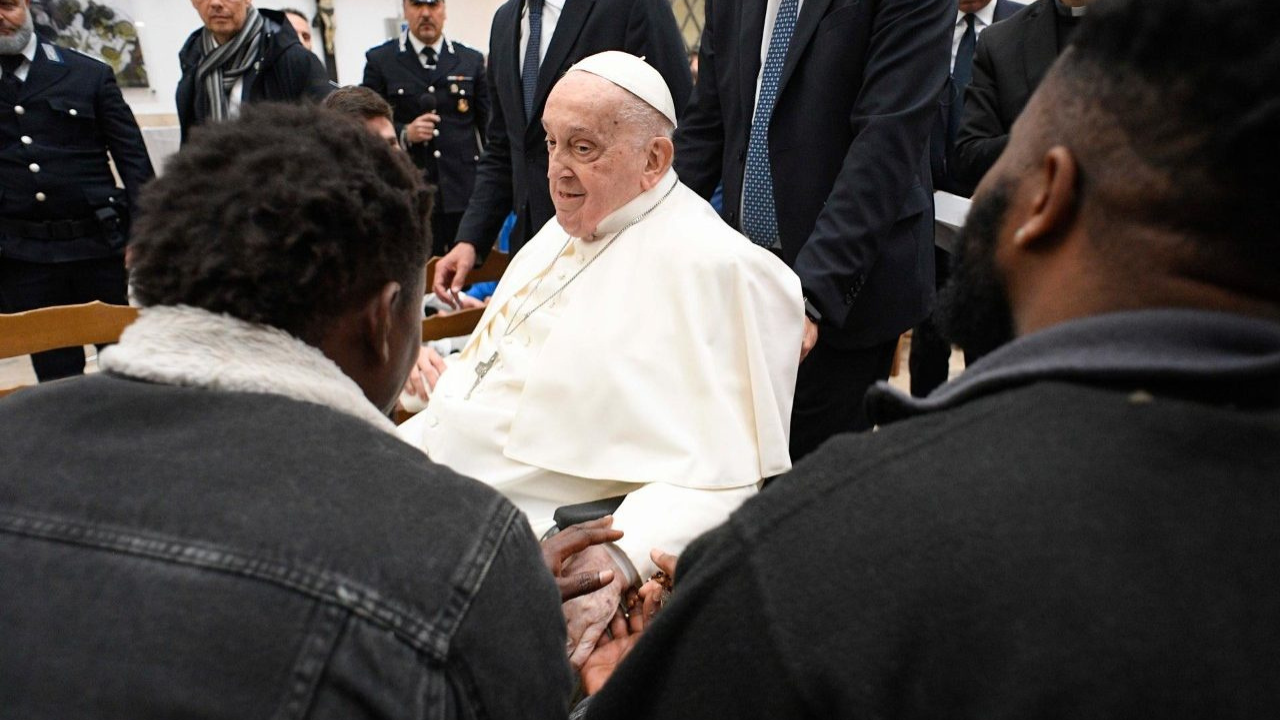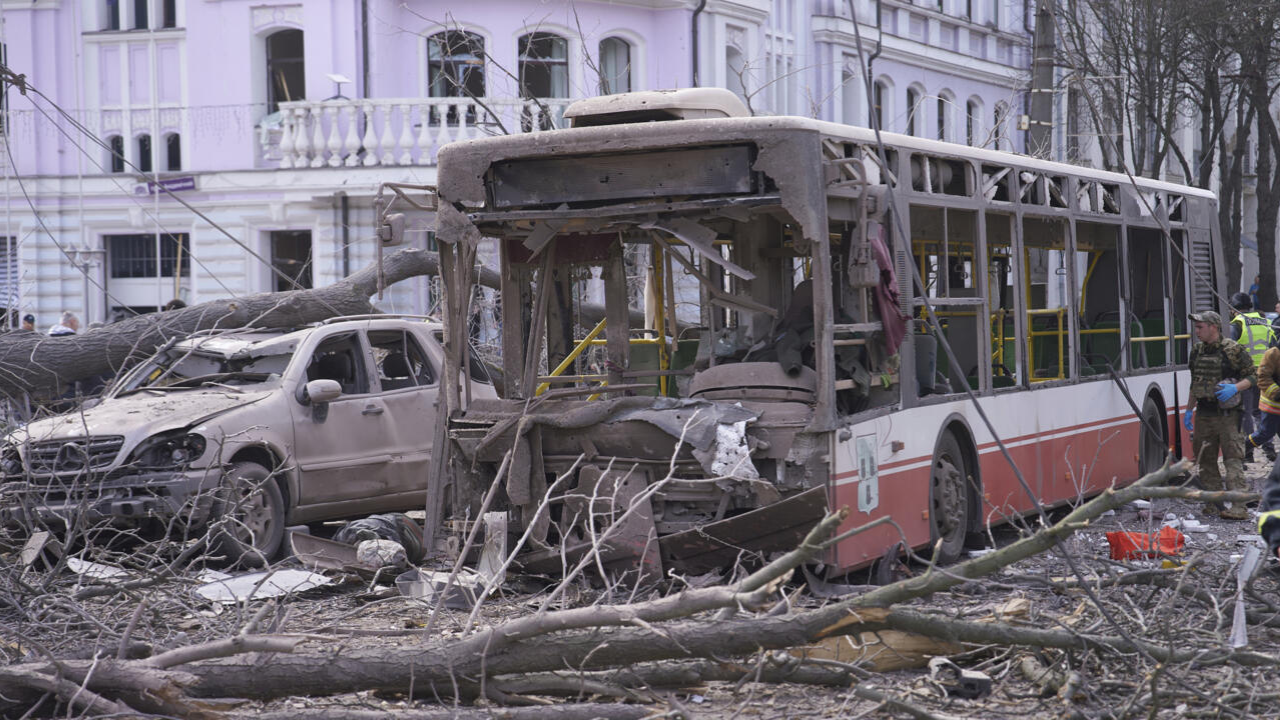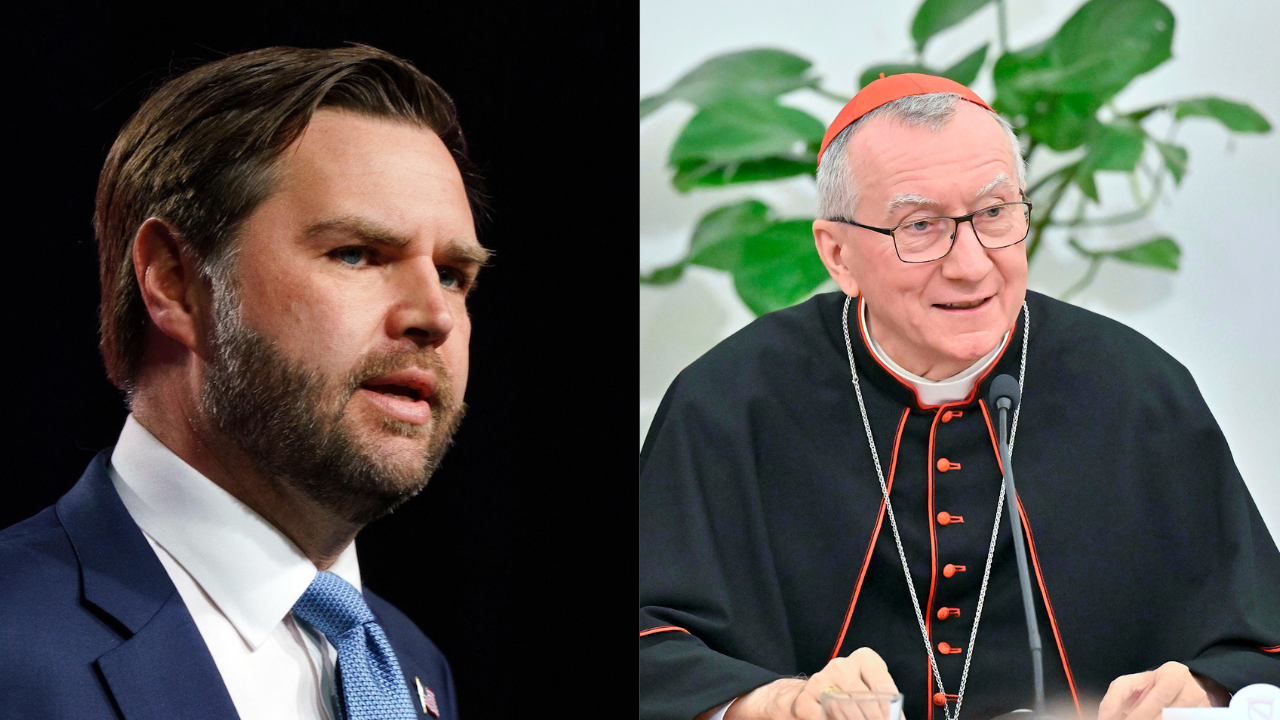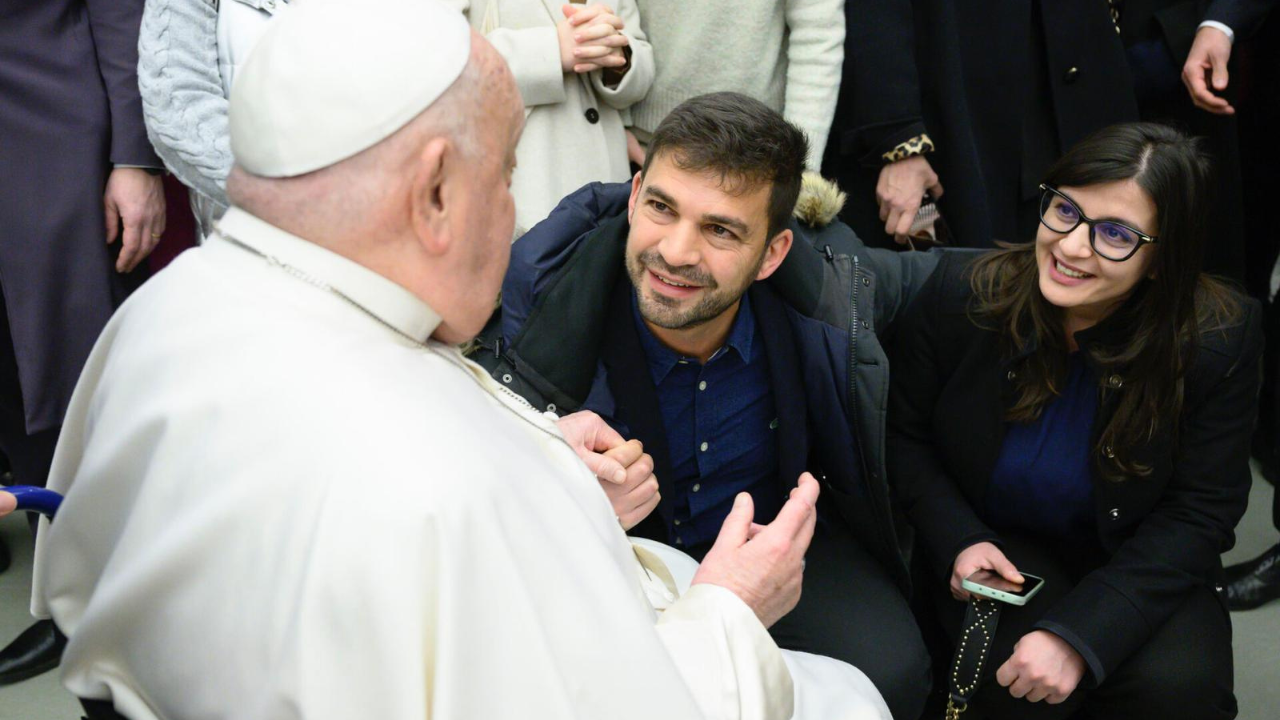Boston. January 2002
There are two recurring elements in the sexual abuse crisis: a priest who abuses children and a bishop who did not immediately remove him from contact with children.
On January 6, 2002, the Boston Globe published the story of father John Geoghan, who for 30 years had abused more than 130 children. Boston Cardinal Bernard Law thought the problem could be solved by moving him to a new parish after abuse cases. So John Geoghan was transferred to half a dozen parishes. At each new parish, parents complained to the archdiocese that the priest had abused children.
John Paul II responded to the scandal on Holy Thursday, the same year.
John Paul II
HOLY THURSDAY 2002
“As priests we are personally and profoundly afflicted by the sins of some of our brothers who have betrayed the grace of Ordination in succumbing even to the most grievous forms of the mysterium iniquitatis at work in the world. (...). The Church shows her concern for the victims and strives to respond in truth and justice to each of these painful situations.”
Geoghan's case triggered a wave of complaints against other American bishops who had also put avoidance of scandal above the safety of children.
The Pope summoned all American cardinals to the Vatican to brief him on the sexual abuse scandals.
John Paul II, message to American cardinals
April 24, 2002
“People need to know that there is no place in the priesthood and religious life for those who would harm the young.”
These words changed history. The bishops would have to remove the rotten apple in the basket before it taints the rest of the Church.
After the meeting at the Vatican, all the American bishops met in Dallas and signed a document titled 'Charter for the Protection of Children and Young People.' They proposed that it should be mandatory for the bishop to report abuse to the authorities and to expel the priest after the first offense against a minor.
For these to become mandatory rules for the bishops, authorization from the Vatican was needed. Four American bishops traveled to Rome to negotiate a formula that would allow them to immediately remove guilty priests.
JOHN ALLEN
National Catholic Reporter (U.S.)
“Some senior Vatican officials thought that these aggressive policies the so called “one strike and you’re out” policy is what the church needed. Others were quite opposed to it because they felt it was a betrayal of the Church’s long tradition of canon law which does not use ‘one size fits all’ penalties”.
Only one Cardinal fully supported the determination of the four American bishops: the prefect of the Congregation for the Doctrine of the Faith, Joseph Ratzinger. His support was critical in getting what they proposed.
JOHN ALLEN
National Catholic Reporter (U.S.)
“The American bishops proposed not just a set of policies but actual binding norms under Church law. They came to Rome to get the approval for them, which is technically called a ‘recognitio’ and after a bit of back and forth that ‘recognitio’ was granted so that by 2002 we didn’t just have a climate of goodwill or a sort of gentleman’s commitment to doing this right, we had binding law that bishops were obliged to follow.”
As a result, the proposals became the 'Essential Norms', the essential rules that every American bishop had to follow.
The “Essential Norms” mandates bishops to inform the police whenever they receive a complaint, to suspend a priest from ministry during an investigation, to dismiss priests from ministry after the first offense, and to set up independent committes with parents and lay people to oversee the fight against these abuses.
Cardinal Sean O’Malley
Archbishop of Boston
“Until the sexual abuse crisis really became part of the consciousness of the Church in Europe, there were many who were unsympathetic to our efforts in the US to deal with the problem in a transparent way. (...) During this period of at least a decade, the strongest ally we had in this effort was Cardinal Ratzinger”.
Archbishop Donald Wuerl
Archbishop of Washington, DC
“Then-Cardinal Ratzinger, as the head of the Congregation for the Doctrine of the Faith, and Pope John Paul II were strong voices supporting the American bishops when we asked for changes in canon law and for special norms to expedite the removal of priests involved in sexual abuse of minors in a quick and decisive manner.”
Bishop William Lori
Bishop of Bridgeport, Connecticut
“I personally witnessed his pivotal and positive role. (...) Thanks to cardinal Ratzinger the US Norms won approval from the Holy See. (...)Norms have helped the U.S. bishops to bring about a true culture change in the Church.”
The norms were adopted on December 8, 2002. From that moment on, the United States began expelling guilty priests. Several bishops who had not aggressively dealt with the problem went into early retirement.
Bad Apples: Dealing with Sex Abuse in the Church from ROME REPORTS on Vimeo.
